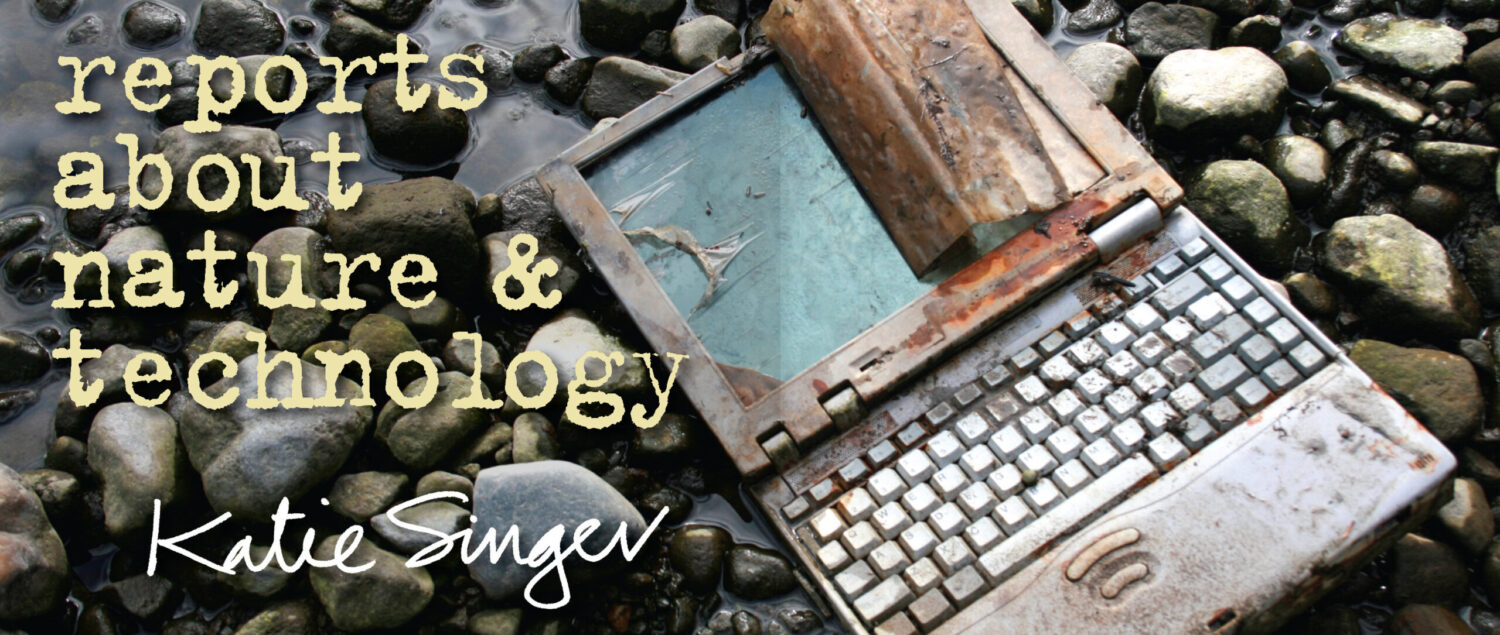Admitting our errors, shifting toward peace with the Earth
by Katie Singer
After I published “Who’s in charge of EV chargers,” which explains why e-vehicles and rooftop solar systems increase the power grid’s hazards and complexity, and why we can’t rightly call them green, clean or sustainable, readers sent me yet more reports about problems with e-vehicles and “renewable” energy. I learned:
· the European country with the most mineral deposits (good for electric vehicles and renewables) …is Ukraine.
· that California’s push for EVs has worsened inequities between rich and poor and increased pollution in poor communities.
· the Canadian Trudeau government’s plan to end fossil fuel subsidies actually does not end a single one.
· while investor demand for increases in dividends and share buybacks over capital spending has reduced U.S. oil production gains, analysts expect that in 2023 and 2024, the country’s oil output production will set records.
· The Wall Street Journal reports that as demands for AI increase, so do energy-and-water-intensive data centers. (GPS, “smart” utility meters, bank records, videos, video games, social media and this very substack…all depend on data centers.)
To prevent ecocide
Let’s admit it: we need new ways of thinking about energy, transportation and the Earth.
Faith Voices for Ecocide Law, compiled by End Ecocide Sweden, asserts that to prevent ecocide (killing the Earth), live in peace with each other and the Earth, we need new rules.
I’ve challenged myself to draft some. To begin, we should aim to meet the needs of the poor and the middle class. (How does our society support someone struggling to scrape together enough money for new tires on a 20-year-old vehicle?)
Then, for every suggestion I make for other people, government agencies and/or corporations, I figure I should name what I can do to prevent ecocide. Or, as Boston University professor emeritus Bill Torbert said it, “Unless I’m aware that I’m part of the problem, I can’t be part of the solution.”
Remembering Hunter Beaumont
Theologian and psychologist Hunter Beaumont died in June. Best known for his work with Family Constellations, a healing system developed by Bert Hellinger, Hunter’s recent interview with Tanja Mayburgh wove human destruction of the Earth with guilt and “taking very good care of our mistakes” in order to learn from them—and move toward making peace with who we are becoming.
KATIE SINGER writes about technology’s impacts on nature. She believes that if she’s not aware of the problem, then she can’t be part of the solution. She dreams that every user learns about the supply chain of one substance in their computer. Her books include An Electronic Silent Spring, Honoring Our Cycles and The Wholeness of a Broken Heart. Visit https://katiesinger.substack.com, https://OurWeb.tech and https://ElectronicSilentSpring.com.

